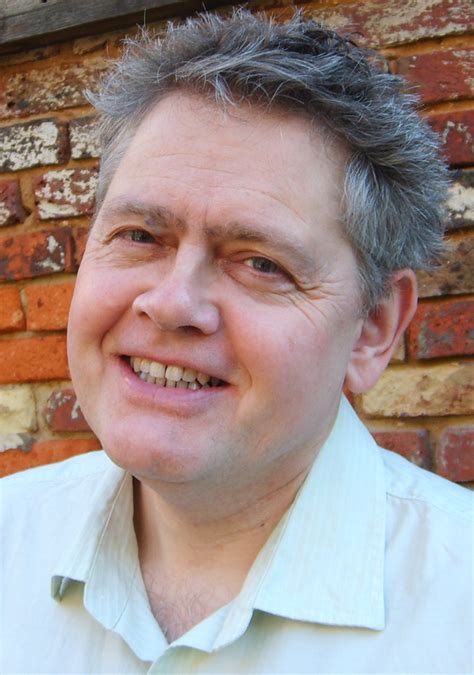A Quote by Patrick Stump
Written by the ancient Chinese philosopher of the same name, the 'Zhuangzi' is one long perplexing puzzle of a rambling collection of enigmatic short stories. It's a strange feeling to laugh at a joke written by someone in the 4th century B.C.
Related Quotes
'Sour Heart' is a collection of seven linked short stories narrated by young Chinese-American girls living in New York City in the '90s. It's exceptionally hard to describe what I've written without sounding delusional or boring, so I'll just say they are stories about growing up and the pleasures and agonies of having a family, a body, and a home.
Some stories I write in Swedish, some in English. Short stories I've almost exclusively written in English lately, mostly because there's such a small market for them in Sweden and it doesn't really pay either. So, the translation goes both ways. What also factors in is that I have a different voice in English, which means that a straight translation wouldn't be the same as if I'd written it in English originally.
I never felt like a happy-go-lucky ingenue to begin with. And parts are written better when you're older. When you're young, you're written to be an ingenue, and you're written to be a quality. You're actually not written to be a person, you're written for your youth to inspire someone else, usually a man. So I find it just much more liberating.



































